New Bioengineering Strategy Promises Treatment for Ulcerative Colitis and Cancer

17 January 2024
Researchers at UT Southwestern Medical Center have developed a promising new treatment for ulcerative colitis, inspired by the ability of cancer cells to evade the immune system. The study, published in Nature Biomedical Engineering, presents a promising new treatment for various autoimmune disorders. This approach, tested in mouse models, also reduces the risk of colon cancer without broadly suppressing the immune system.
Innovative Treatment Inspired by Cancer's Evasion Tactics
The study's senior author, Dr. Andrew Wang, and his team have ingeniously adapted mechanisms used by cancer cells to evade immune attacks. "We’re borrowing something that cancer uses for evil and making it into something good," Dr. Wang explains. This strategy, previously explored in type 1 diabetes and multiple sclerosis models, has now shown significant potential in treating ulcerative colitis.
Ulcerative Colitis: The Challenge
Ulcerative colitis is characterized by the immune system mistakenly attacking colon cells, causing chronic inflammation and severe discomfort. Current treatments largely rely on systemic immunosuppressors, which, while reducing immune activity, carry risks such as increased susceptibility to infections and cancer.
The Research: A Closer Look
The UT Southwestern team's research involved injecting a unique blend of colon cells, extracellular matrix, and polymer nanofibers, loaded with proteins mimicking those used by cancer cells to suppress immune response, into mouse models of ulcerative colitis. Remarkably, this treatment significantly alleviated symptoms like diarrhea, rectal bleeding, and weight loss. Furthermore, it reduced immune cell infiltration and inflammation in the colon, promoting healing of the colon's lining within a week of treatment.
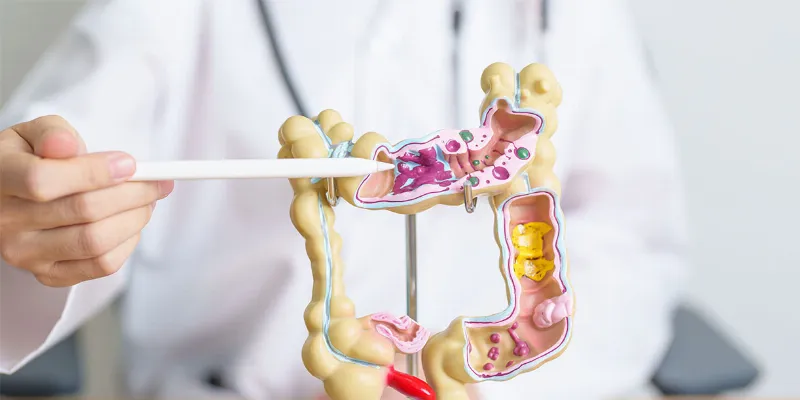
Beyond Symptom Relief: Cancer Prevention
An added benefit of this treatment is its potential in reducing the risk of colon cancer, a known complication in ulcerative colitis patients. The study found a 60% decrease in cancerous colon tumors in treated mice.
A crucial aspect of this approach is its specificity. Unlike broad-spectrum immunosuppressors, this treatment targets only the immune response against the colon. This was demonstrated in mouse models with melanoma and colon tumors, which were still responsive to cancer immunotherapy post-treatment, indicating that their overall immune system wasn't broadly suppressed.
The Future of Autoimmune Disease Treatment
This innovative approach could revolutionize how autoimmune diseases are treated. Dr. Wang and his colleagues have already initiated steps to develop this strategy into a clinical treatment. Their research shows that a bioengineered, colon-specific immune niche can effectively induce intestinal immunotolerance and reduce inflammation.
The treatment works by triggering T cell anergy and polarizing pro-inflammatory macrophages through multiple immunosuppressive pathways, thus preventing immune cell infiltration in the colon and aiding in epithelial damage recovery. Additionally, it prevents colitis-associated colorectal cancer and immune-related colitis triggered by certain treatments.
The findings from UTS Medical Center open a new frontier in treating ulcerative colitis and potentially other autoimmune disorders.
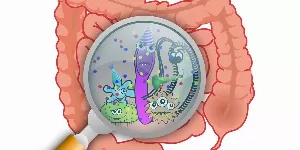




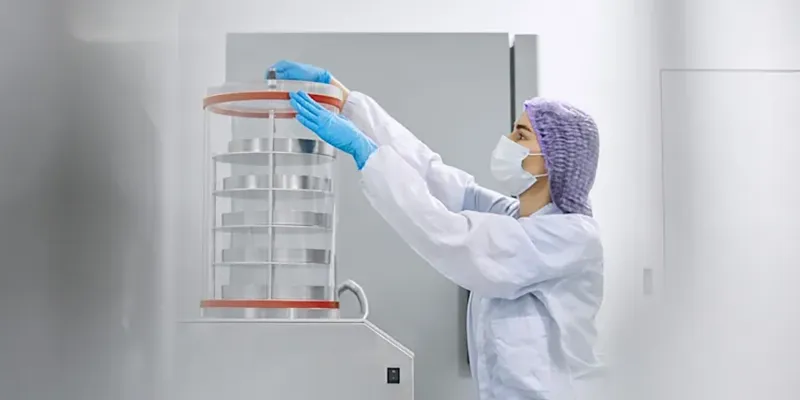


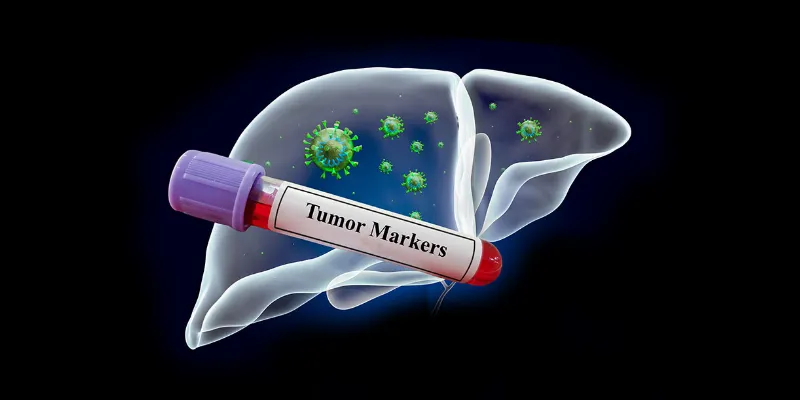
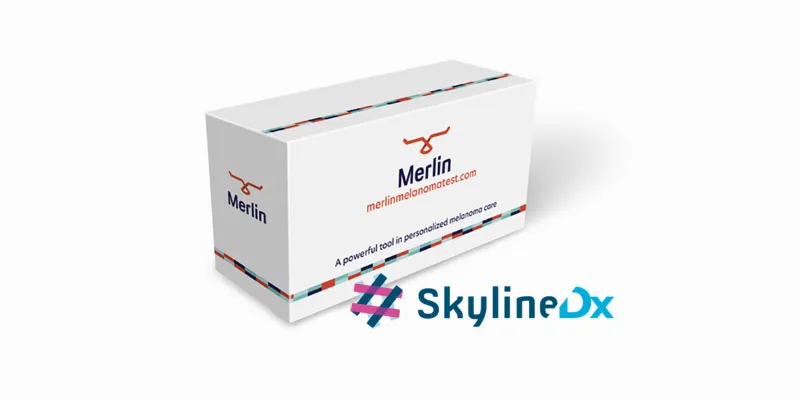

Comments
No Comments Yet!